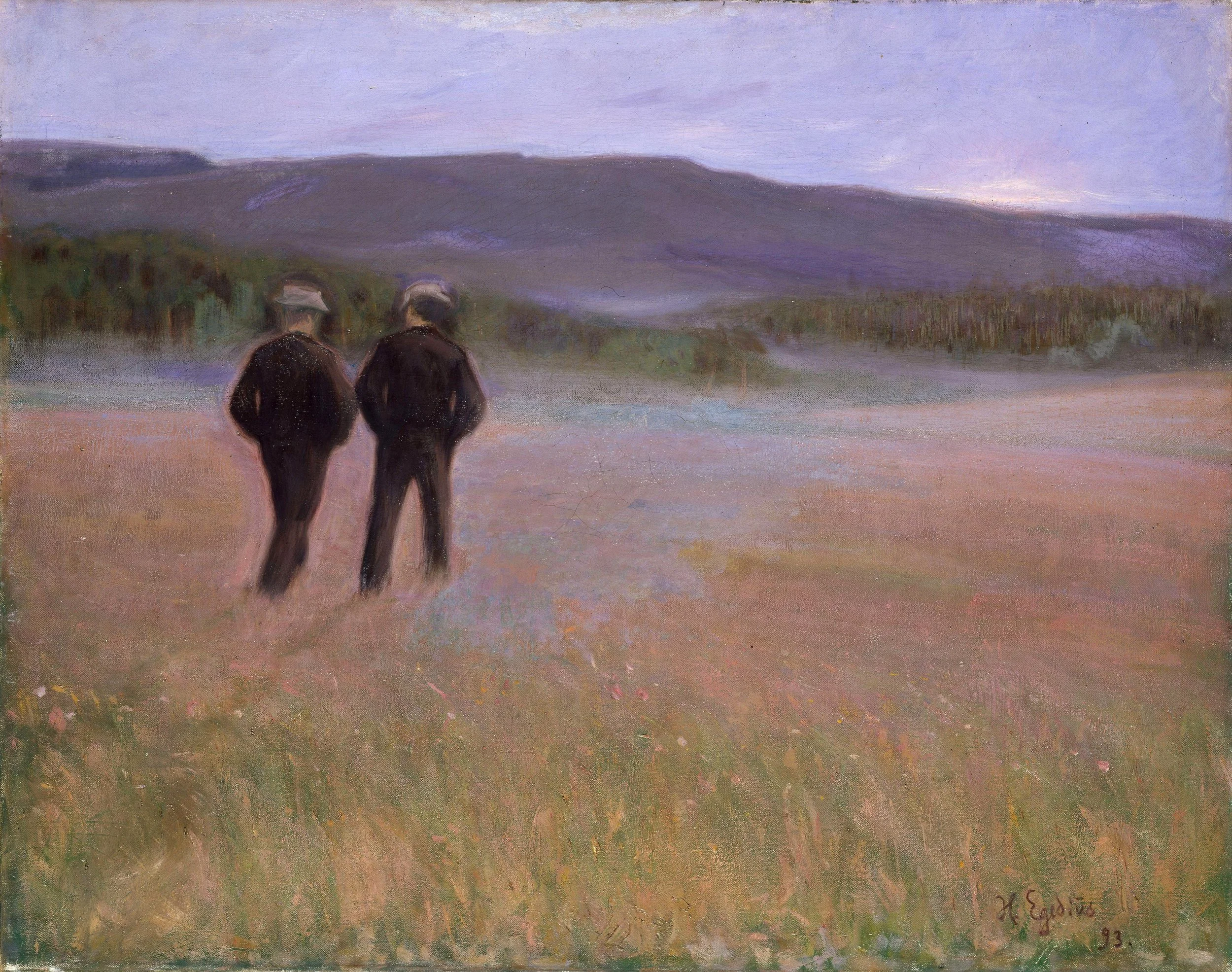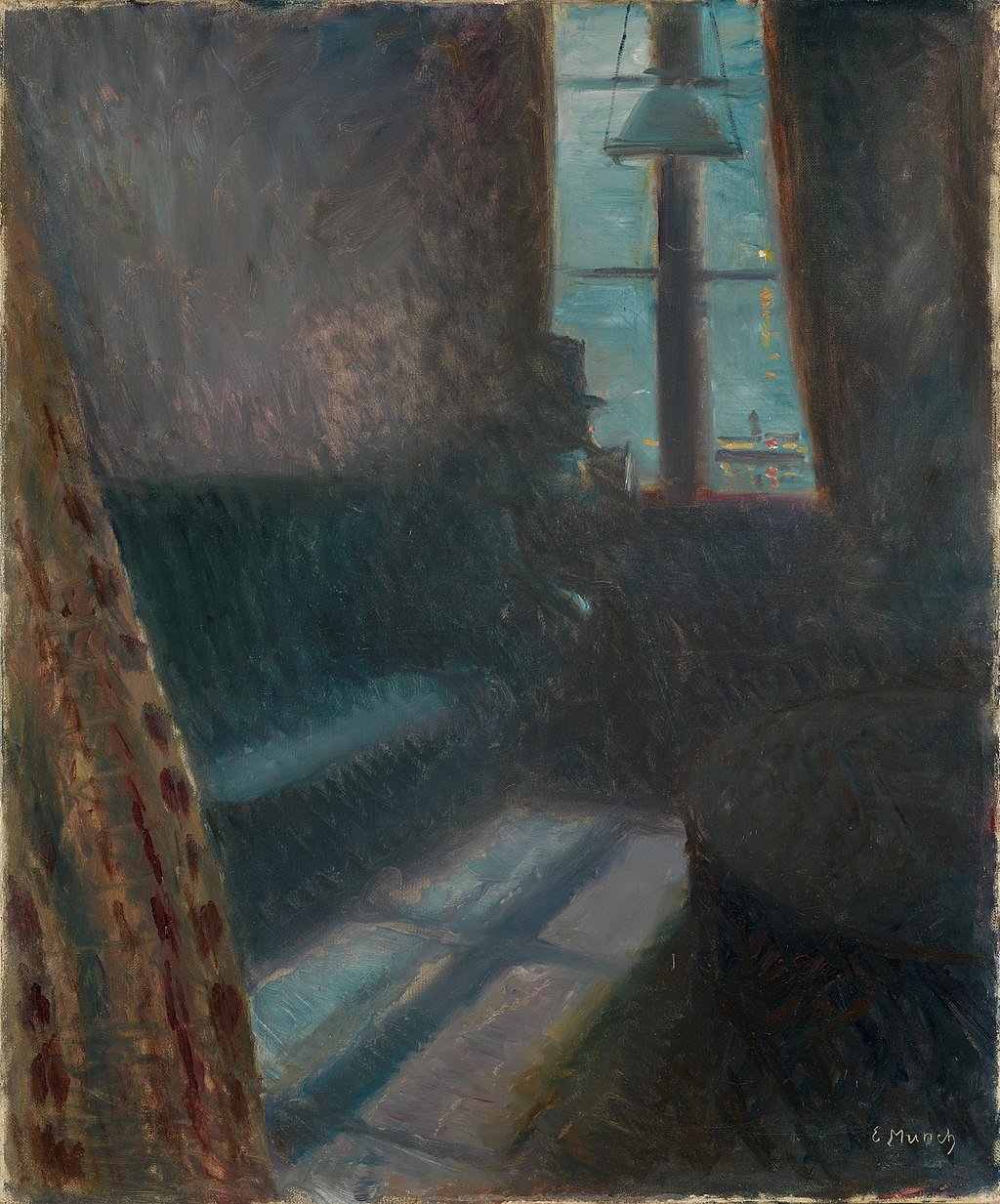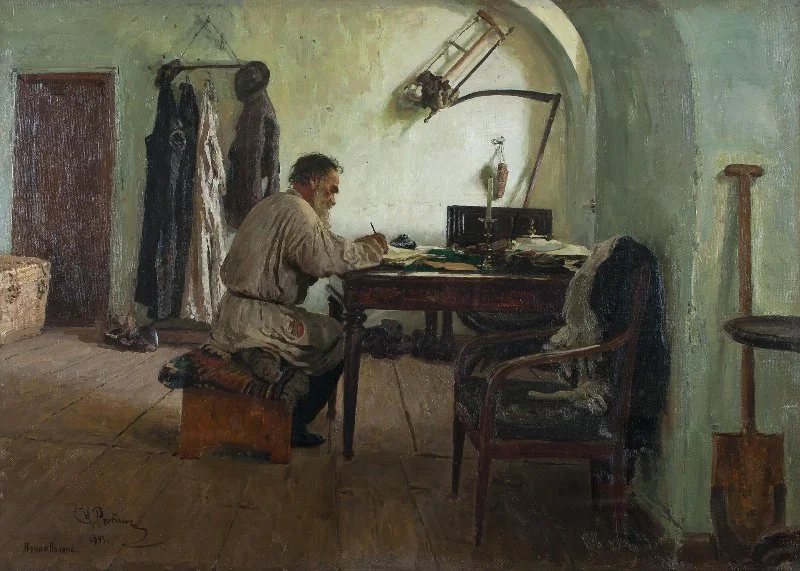
Blog

What is Conversion as a Defence?
Conversion is a psychological defence where emotional conflict is expressed through physical symptoms, and allows for distress to be managed outside of conscious awareness. Historically associated with what was once termed hysteria, conversion is now understood in psychodynamic psychotherapy as an important mind–body process that can show both protection from overwhelm and the need for emotional integration.

What is Undoing?
Undoing is a psychological defence mechanism where individuals attempt to neutralize or reverse distressing thoughts, impulses, feelings, or emotions through compensatory actions or mental rituals. From a psychodynamic perspective, undoing demonstrates an effort to manage guilt and anxiety while avoiding direct emotional integration of underlying conflict.

What are Upward and Downward Social Comparisons?
Upward and downward social comparisons refer to the usually unconscious ways that individuals evaluate themselves in relation to others, which can influence self-esteem, affect regulation, identity, and overall emotions. From a psychodynamic perspective, these comparisons can function adaptively or defensively, and can influence how people manage envy, shame, aspiration, and vulnerability within their inner worlds.

What is Isolation of Affect?
Isolation of affect is a psychological defence mechanism where emotions are separated from thoughts, memories, flashbacks, or experiences as a way of managing distress. This strategy, while kt can help individuals maintain control and clarity during overwhelming situations in the short term, may also lead to less emotional awareness, depth, connection, and attachments over time.

What is Somatization?
Somatization is a psychodynamic defence where emotional distress and unconscious conflict are expressed through physical symptoms when affect cannot be safely recognized or articulated, which is a process understood by Vaillant as a way of discharging psychological tension through the body. While this defence is protective in the short term, this pattern can become entrenched over time, and psychodynamic psychotherapy looks to support the careful shift from somatic expression toward emotional awareness.

What is Introjection?
Introjection is an unconscious psychodynamic process where individuals take on the emotions, beliefs, behaviours and expectations of others close to them and experience them as their own, which influence their coping strategies. Depending on how it functions, introjection can support growth or contribute to self-criticism, demonstrating what Vaillant described as a defence that ranges from adaptive to less mature forms.

What is Splitting?
Splitting, which is closely tied to black-and-white thinking, is a primitive defence where a person interprets themselves, others, situations, and experiences in rigid extremes, usually as a way to manage overwhelming emotions. In psychodynamic psychotherapy, understanding this pattern allows patients to move toward better emotional integration and relational stability.

What is Hypochondriasis?
Hypochondriasis, more commonly referred to as illness anxiety disorder, is the persistent fear of having a serious medical condition despite medical reassurance. In psychodynamic psychotherapy, it can be understood not only as health anxiety, but as a deeper expression of underlying emotional conflicts and relational history.

What is Anticipation as a Defence?
Anticipation is a mature psychological defence mechanism that allows individuals to manage anxiety by consciously preparing for future challenges or losses. This defence was recognized by George Vaillant as a sign of emotional maturity, and shows a balance between awareness and action, allowing people to shift distress into preparation and long-term resilience.

How can Altruism be Used as a Defence Mechanism?
Altruism as a defence mechanism involves shifting distress into acts of care for others, and allows for painful emotions to be expressed in a socially constructive way. As Vaillant said, this mature defence supports functioning that is adaptive, and offers both relief internally and a genuine contribution while also allowing for the exploration of its deeper emotional roots in therapy.

What is Suppression as a Defence?
Suppression is a mature defence mechanism that involves consciously choosing to set aside uncomfortable or distressing thoughts or emotions to effectively manage demands. As described by George Vaillant, suppression reflects psychological strength and self-regulation, which is an individual’s ability to acknowledge discomfort without avoidance, and allows for emotional processing when the time and context are right.

What is Sublimation as a Defence?
Sublimation is a mature defence mechanism where instinctual or socially unacceptable impulses are then transitioned into creative and purposeful actions, which reflects psychological growth and resilience, as described by Vaillant. It illustrates how inner conflict can be redirected into expressions that are meaningful and healthy, which can then allow patients to turn emotional tension into personal development.

How Can Humour be Used as a Defence?
Humour, identified by Vaillant as one of the mature psychological defences, allows patients to face painful or anxiety-provoking realities with self-awareness by shifting distress into something tolerable. In psychodynamic psychotherapy, it shows the capacity to acknowledge truth without distortion, and offers both protection and insight into the deeper layers of emotions.

What is Repression as a Defence?
Repression is a defence mechanism that unconsciously keeps painful thoughts, feelings, emotions, and memories out of awareness, and forms patients’ behaviour and relationships in hidden ways. Although it can temporarily protect against feeling overwhelmed, persistent reliance on this defence can lead to unresolved conflicts that psychodynamic therapy looks to bring into conscious awareness and understanding.

What is Displacement as a Defence?
Displacement is described by Vaillant as a neurotic defence mechanism where patients redirect emotions from a threatening or inaccessible source onto a safer target. Psychodynamic psychotherapy can help patients recognize these patterns and turn them into healthier and more direct ways of managing conflict.

What is Dissociation as a Defence?
Dissociation is a defence mechanism that allows the mind to protect itself from feeling overwhelmed by conflict or trauma by temporarily detaching from painful thoughts, feelings, emotions, and experiences. This process can be beneficial in the moment, but can be limiting over time. In psychodynamic psychotherapy, and as described in Vaillant’s framework of defences, dissociation is seen as a way of coping that offers protection but ends up requiring careful integration to support emotional growth.

What is Reaction Formation?
Reaction formation is a neurotic defence mechanism where unacceptable impulses or feelings are unconsciously switched into their opposite, such as exaggerated friendliness masking hostility, which allows anxiety to be managed but can limit authenticity and cause long-term difficulties especially in relationships. In psychodynamic psychotherapy, recognizing this can help uncover hidden conflicts and can support patients in awareness and healing.

What is Intellectualization?
Intellectualization is a psychological defence mechanism where individuals cope with distress by focusing on logic and abstract reasoning instead of experiencing their emotions. As George Vaillant observed in his hierarchy of defences, it is a neurotic defence that can offer resilience during crises but, if overused, may limit emotional connections long-term.

What is “Acting Out”?
Acting out is a defence mechanism where unconscious conflicts and difficult emotions are expressed through impulsive behaviours rather than words. This defence is classified by George Vaillant as an immature defence as it provides short-term relief but can usually disrupt relationships and therapy, which makes it essential for psychodynamic treatment to help turn these actions into healthier communication and understanding.

What is Passive Aggression?
Passive aggression is an unconscious defense mechanism where anger or hostility is expressed indirectly through behaviours like procrastination, silence, sarcasm, or withdrawal. George Eman Vaillant described this as an immature defense that protects individuals from the anxiety of direct confrontation but can leave conflicts unresolved, which makes it an important focus in psychodynamic psychotherapy.

